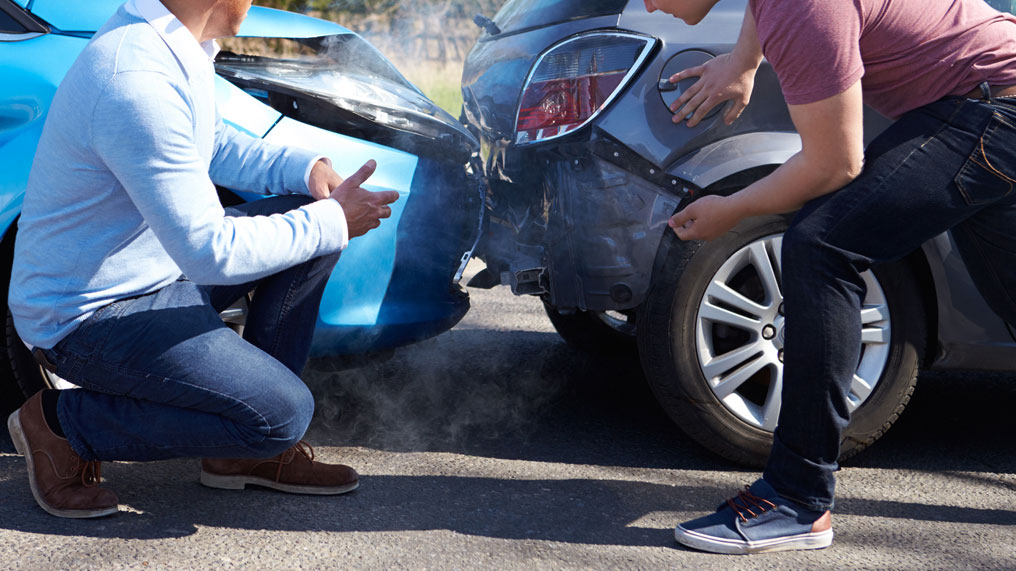If you find yourself feeling stressed or angry while driving, you're not alone. Almost half of us (44%) admit to feeling anxious when we're behind the wheel.
Whether you're worried about driving through unfamiliar areas, motorway speeds, breaking down or encountering aggressive drivers on the road, there are steps you can take to calm your mood and get into a good head space.
And, if you feel confident and ready to face the unexpected, you're less likely to cause an accident. Here's a list of 12 things to think about...
1. Stay alert
Even the best driver can make mistakes if they're tired. Try and get a good night's sleep, especially before long journeys. Stop for at least 15 minutes every two hours on a long journey, and take your time. You can always call ahead if you're running late.
2. Learn to communicate
Clear communication with other drivers is essential to both your safety and theirs. Make eye contact, avoid driving in someone's blind spot and remember to use the correct lights. It's important to be visible to other road users. Plus, if you're paying attention to the drivers around you, you should be able to anticipate their next move.
3. Revisit your Highway code
Avoiding problems is so much easier if you know what they are in the first place!
Quick reactions won't always stop you having an accident, but spotting and responding to problems ahead in plenty of time, will.
4. Plan ahead
A little planning can really reduce stress. Work out the best route and travel when roads are quieter. If you can, always try to take familiar roads. Allow plenty of time for your journey to avoid feeling pressured to rush.
5. Keep your car in check
Breaking down is stressful. The most common breakdowns are the result of poor motor maintenance. Give your car a weekly once-over and check in for regular servicing and MOTs. You can't plan for all eventualities though, so make sure you have valid breakdown cover in place.
6. Put yourself in their shoes
Don't show frustration by making gestures to other drivers who make mistakes – it could be you on the receiving end! Try to stay calm by focusing on what you're doing and what's within your control. By escalating a situation or provoking road rage, you could end up with damage to your car.
7. Exercise some etiquette
When traffic is merging, let one car in, then go yourself. Not only is this polite, it will make you more confident in your decisions and reactions. Remember you should be driving like you own the car, not the road!
8. Use driving to de-stress
Try changing your mindset and looking at the journey as something to enjoy. Using your car journey to make the most of precious quiet time alone can actually leave you feeling more serene when you get to the other end. Or, after a stressful day, your car journey could be your chance to sing along to your favourite tunes.
9. Keep it fresh
Try to circulate as much fresh air as possible through your car and take deep breaths. Shallow breathing restricts the flow of oxygen and can heighten feelings of panic and stress, as can a stuffy or uncomfortable atmosphere. If you feel anxiety bubbling up, open a window and steady your breathing.
10. Follow the beat
Choose music that has similar bpm (beats per minute) to your heart rate – about 60bpm is best. Research shows this is the optimum beat to help you relax, de-stress and chill out. In other words, lose the banging techno.
11. Watch your speed
To reduce feelings of tension, drive at appropriate speeds for the road environment and avoid overtaking unless absolutely necessary. You'll rarely shave off many minutes by breaking the speed limit, but you could risk injuring yourself or others if you cause an accident. Accept that some journeys take longer than expeced, but there's nothing you can do about it. It's better to arrive late than not at all.
12. Feeling peckish?
Hunger can affect your concentration, so have something to eat before setting off, or stop at a service station en route. However, don't eat at the wheel as this could distract you from driving.




